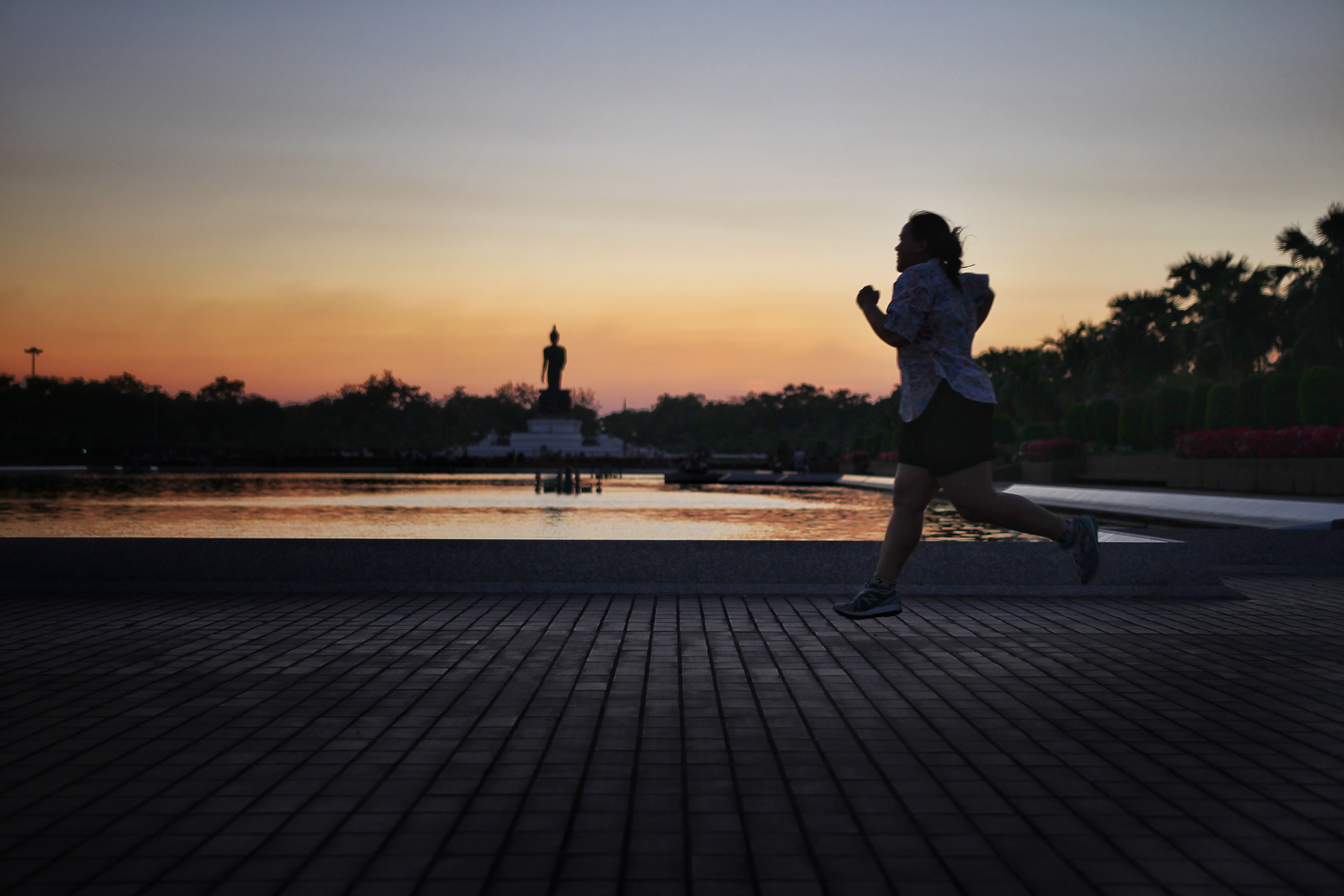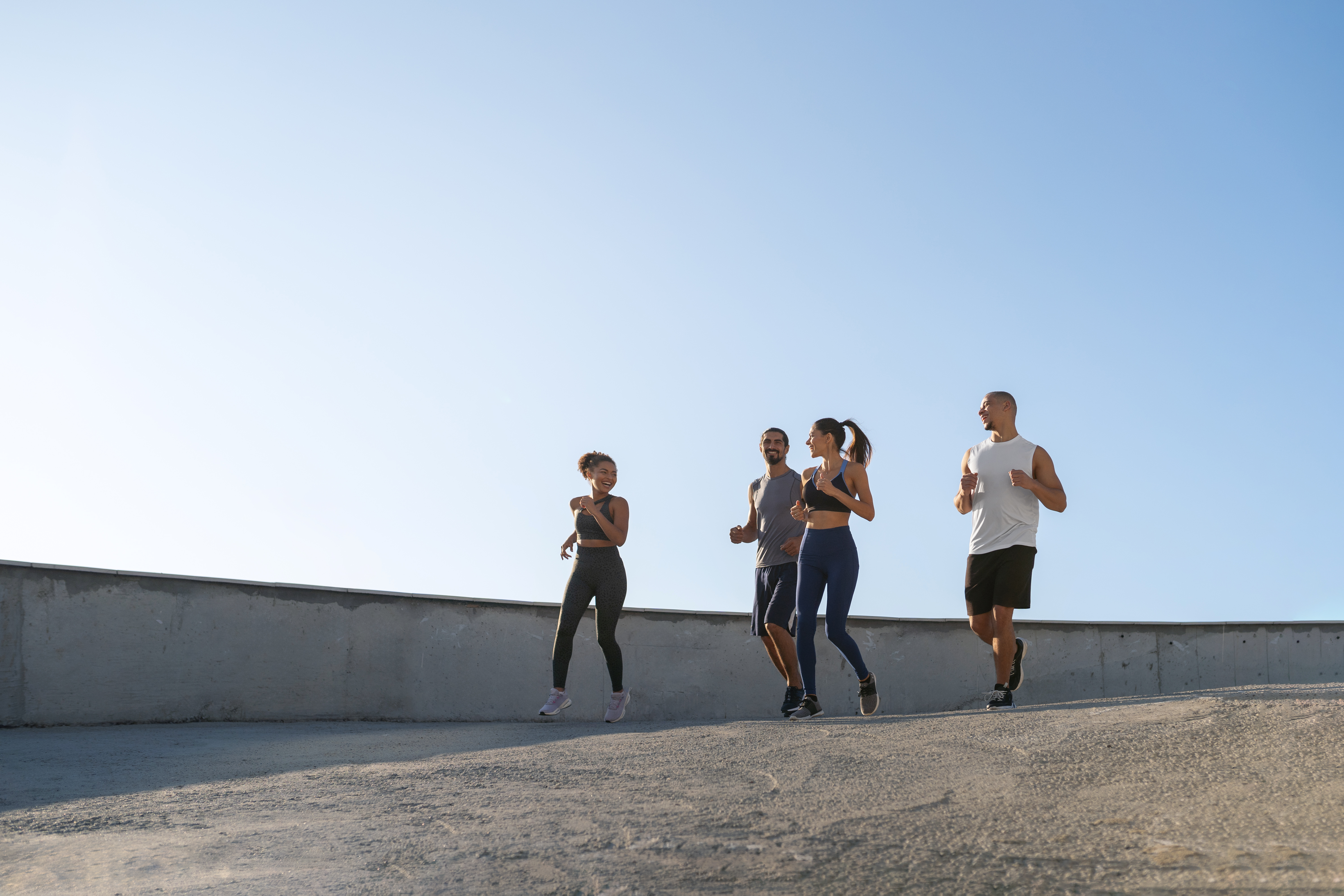More Than Just a Matter of Schedule
For anyone trying to build a consistent exercise habit, one question inevitably arises: When is the best time to work out, morning or night? Some people swear by the early hours, starting their day on a high note, while others feel stronger and more motivated after dark. Interestingly, both modern science and Traditional Chinese Medicine (TCM) offer compelling insights that suggest timing your exercise could have a deeper effect on your energy, digestion, and even emotional wellbeing.
After experimenting with both routines, I realized this question goes beyond just convenience, it taps into personal rhythms, lifestyle habits, and the subtle messages your body sends you throughout the day.
Morning Movement: Rise, Move, and Activate Your Yang

Morning workouts often come with a sense of purpose and structure. According to Western research, exercising early in the day can improve mental focus, regulate appetite, and support better sleep at night by resetting your circadian rhythm. On days when I managed to work out in the morning, I often felt sharper, more intentional with my food choices, and generally more energized.
TCM adds another layer to this idea. Between 5 a.m. and 9 a.m., the body is energetically linked to the Large Intestine and Stomach meridians, systems involved in elimination and digestion. This is an ideal window for stimulating movement and encouraging qi to circulate smoothly. Gentle activities like stretching, brisk walking, or qigong can help awaken the body’s Yang energy and support healthy digestion throughout the day.
If you tend to feel sluggish or heavy in the mornings, light exercise can serve as a gentle jumpstart, warming your core and setting the tone for productivity without being too overwhelming.
Evening Workouts: Release, Rebuild, and Restore

While morning exercise is about awakening and preparing, evening workouts serve a different purpose, they help us release and unwind. After a long day filled with mental and emotional demands, moving the body in the evening can be a powerful tool to release stagnant energy, especially if you tend to carry stress in your neck, shoulders, or back.
In the language of TCM, the hours between 5 p.m. and 9 p.m. are governed by the Kidney and Pericardium meridians, associated with restoration, emotional regulation, and deep energy reserves. Evening movement can be especially helpful for those dealing with Liver Qi stagnation, a common condition linked to emotional suppression, irritability, or hormonal imbalance.
I found that light cardio or strength training during this window felt emotionally grounding. It created a healthy barrier between “work mode” and “rest mode,” helping me sleep more soundly, as long as I didn’t push too hard or work out too close to bedtime.
Matching Exercise Timing to Your Body Type

One of the most empowering ideas from TCM is that no two bodies are exactly alike. Whether you’re Yin-deficient, Qi-deficient, or more Yang-dominant, your ideal time to exercise may be different from someone else’s.
If you tend to feel restless, overheated, or mentally scattered, you may benefit more from evening workouts that help cool and settle the body. These activities help release excess Yang energy and prepare the mind for rest.
If you often feel cold, sluggish, or weighed down, morning movement may be more beneficial. Activating the body earlier in the day can help warm the system, strengthen the Spleen and Stomach qi, and clear out Dampness or stagnation that lingers overnight.
It’s not just about energy levels, it’s about how you process energy throughout the day, and how your body naturally responds to movement at different times.
The Power of Personalized Rhythm
There’s no universal “perfect time” to work out, only the time that best supports your personal wellness goals, schedule, and constitution. What matters most is how you feel after you move. Are you more grounded? More clear-headed? Do you sleep better, digest better, or breathe easier?
For me, the answer shifts with the seasons and with life’s changes. Some weeks, morning yoga is all I need to feel energized and balanced. Other times, a 6 p.m. strength session helps me shake off a long day and reconnect with my body. Over time, I’ve learned to treat movement less as a chore and more as a tool for harmony.
Movement Is Medicine — But Timing Is Key
Whether you greet the day with a sunrise stretch or end it with a moonlit walk, the most important thing is consistency, not perfection. The more you listen to your body, the more you’ll notice the subtle cues that guide you toward balance.
Exercise doesn’t have to drain you. When you sync your movement with your body’s natural rhythms, it becomes something much more powerful: a form of self-respect.
So whether you're a morning mover or a night owl lifter, move with intention. And let your body decide what time feels right.

